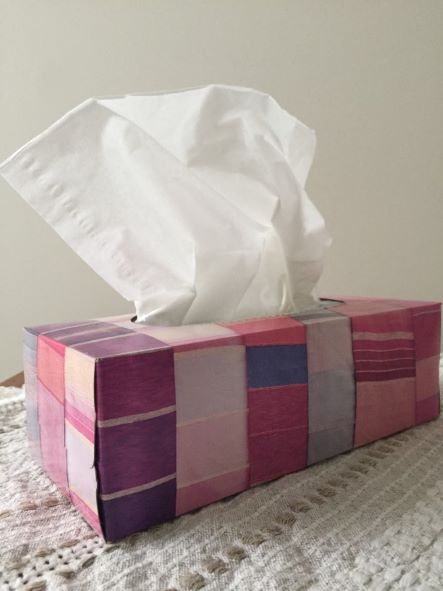The question: Can I use a trademark in my book, has come up several times recently in conversations with clients, so here are some guidelines for using someone else’s trademark.
As a general rule, it’s fine to use someone else’s trademark in your writing. Most brand owners would probably enjoy the free publicity. However, there are some things to watch out for.
- Are you actually referencing the company or product? It’s fine to use a trademark to talk about a product or company, but not to simply name-drop. For example, it’s fine if you write about a character driving a Dodge truck or taking a trip to Disneyland, but not if they are carrying a Dodge briefcase or using Mickey Mouse as a swear word.
- Are you only using the mark when necessary? There’s no rule about how many times you can use a trademark, but when the same mark pops up on every page, readers start wondering if the company is paying the author. When it looks like the company is affiliated with the author, or is endorsing the book, the company will usually ask their legal department to step in.
- Are you using the mark in a positive way? While this is not a legal requirement, it significantly reduces the chances of a lawsuit. Trademark owners don’t mind free publicity, but they do mind when their mark is used in a way that makes the company or product look bad. So your character can eat at McDonald’s, but it shouldn’t give them food poisoning.
- Are you using the mark correctly? When a trademark is used as a substitute for the general name of the product, the company loses its trademark (lawyers call this “genericide”, because the mark has become generic for the product). This is how Bayer lost their aspirin trademark, Otis Elevator Company lost their escalator trademark, and many other trademarks became generic for their products (such as zipper, thermos, and cellophane) This has happened enough times that companies with well-known trademarks go to great lengths to make sure their marks are used correctly. When you’re using a trademark, it’s important to remember that trademarks are always adjectives, and they always refer to a specific company or product. Your character does not ask for a Kleenex, they ask for a Kleenex tissue. Your character does not Xerox a paper, they make a copy using a Xerox copier. You do not Google something, you make a Google search using a Google browser. Get the idea?
- When in doubt, check the Usage Guidelines. Most large companies have branding and usage guidelines available to the public, telling them when and how others can use their trademarks. If you’re not sure if your use would be okay, check the guidelines. You could also reach out and ask permission – but I wouldn’t bother unless you’re using the mark extensively and/or the trademark is an important part of your manuscript.
If you are uncertain about whether or how to use a trademark in your book or another writing project, you are welcome to reach out at kaway@kawaylaw.com.


